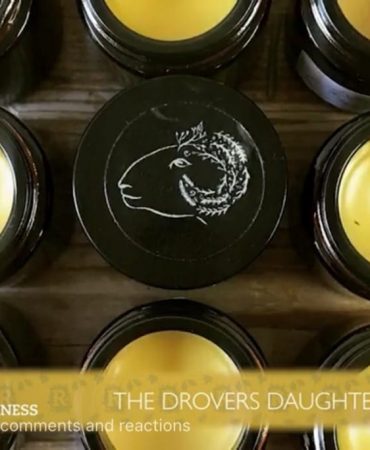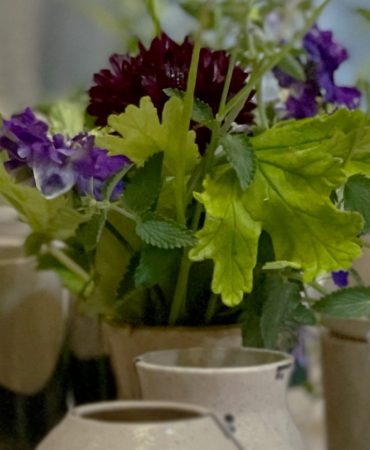Currently Empty: £0.00

Advolly Richmond on Rev Thomas Birch Freeman, a talk at The Garden Museum, London
Given on a windy Tuesday evening, a recent talk at London’s Garden Museum shared ongoing research into the botanising of Reverend Thomas Birch Freeman. For Advolly Richmond, revealing the botanical contributions of Birch Freeman is an ongoing project, which began in 2014/2015, when Richmond was prompted to look into the lives of black gardeners. Richmond herself, is a Garden, Landscape and Social Historian, who you may have seen on Gardener’s World or heard on her podcast, The Garden History Podcast.
Reviewed by Ghislaine Howard
Reverend Thomas Birch Freeman’s religious career has been well documented, and it is known that he was instrumental in the spreading of Methodist faith among the Gold Cost (present day Ghana). Richmond emphasised, that his faith, was his driver and although plants and the pursuit of botanical science certainly seemed to be a passion, his faith won out. This is no better encapsulated than when his employer of the time, presented him with an ultimatum: either give up his Methodist faith or loose his job as Head Gardener at Orwell Park, a Manor House and grounds near Ipswich.
By transcribing his journals and letter books, some of which are in Ghana and others in the UK, Richmond is slowly piecing together the life and doings of Birch Thomas, with regard to botany. Words were Birch Thomas’ tool, as he seemed not to sketch the plants he came across, but instead to describe. That being said, Richmond finds the descriptions so vivid and with such specific detail that she deems the journals “absolutely incredible” and comments that Birch Thomas’ personality shines through.
Birch Thomas chose his faith over employment, and in 1837 was sent to Africa, after being ordained. Missionaries were often involved with botanical projects. Richmond explains that this was likely due to the fact that they were perceived in a slightly better light, as their aim to convert, was less confrontational than the roles of colonial officers. This meant missionaries could often explore and engage with indigenous people more easily. Informed by his journals, it would seem that all Birch Freeman’s rest days were dedicated to botany and insects.
He was very active in sending seeds and clippings to plant collections and institutions such as Kew Gardens, and to his previous employer, Sir Robert Harland of Orwell Park, who was a member of the Royal Botanical Society. His botanical servicing went both ways however, as he was asked by the Ashanti King to return from a trip to England, with items or information that would improve their agriculture. (The Reverend became the first Christian missionary to be allowed admittance into the Ashanti Kingdom.) Measuring Birch Freeman’s impact on the advancement of botany and botanical collections, is so far unmeasurable, but there is evidence to suggest that he certainly had an impact.
In one particular case that Advolly Richmond has uncovered, Birch Freeman appears instrumental preserving coffee plantations across British colonies. The species of coffee plant, Coffea arabica, was greatly affected by the Henileia Vastatrix disease (commonly known as leaf rust). Writing to Kew Gardens, Birch Freeman successfully acquired seeds of the Liberian coffee plants, Coffea liberica, which had greater resistance. Birch Freeman distributed the seeds and re-established suffering coffee plantations and re-stabilised the supply, to what had become an important trade good. Coffea liberica went on to be used across British colonies, although today it has been succeeded and its popular use is now limited to the Philippines and Malaysia. Nonetheless, Birch Freeman’s intervention marks a turning point in the history of coffee and tea plantations.
Richmond is passionate about how garden history relates to other aspects of society and argues that it cannot be separated from social and political history. Like many other black people and people of colour, the Reverend Thomas Birch Freeman’s role within botany has been overlooked. The process to uncover it, will take Richmond years as she carefully transcribes each page of his journals and letter books. She remains hopeful however, that the project will end with a book. I, for one, can’t wait to read it.
Find out more about Advolly Richmond’s work via her website, advolly.co.uk and listen to The Garden History Podcast here.
The Garden Museum in London is temporarily closed by running a number of online events and talks. Check them out here.




